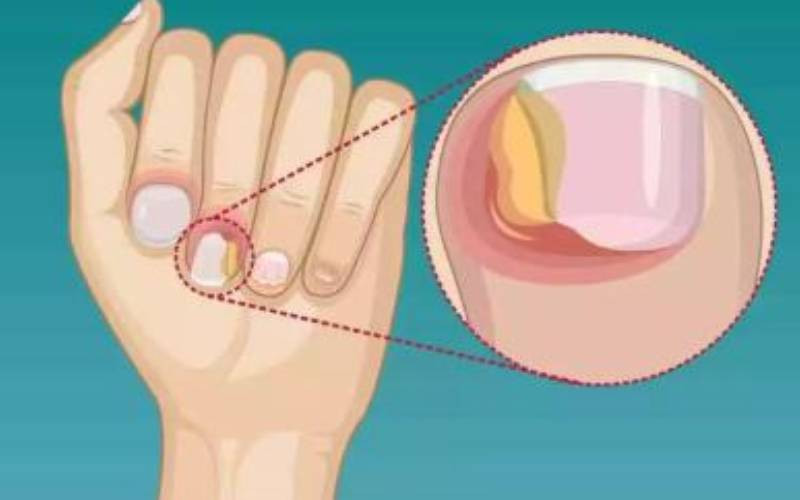×
The Standard e-Paper
Join Thousands Daily

In the Majengo area of Nyeri town, Jane Muthoni washes her dishes with a lot of pain. One of her fingers is swollen and turned red.
"I finished washing my children's clothes using a detergent sold by a young man. When I started to feel pain in my finger, I visited a nearby chemist and I bought some painkillers. The attendant advised me to visit the hospital but I didn't have money to go to the hospital," Muthoni says.